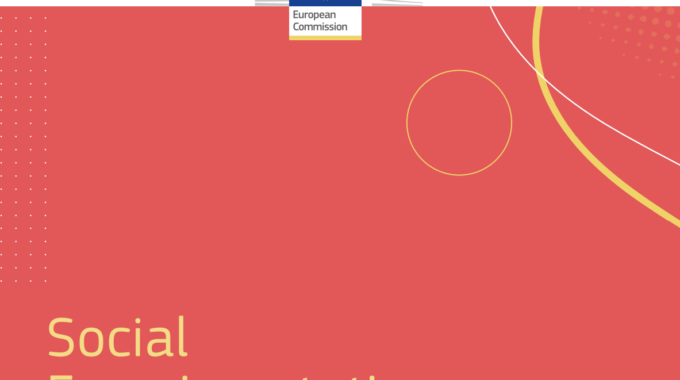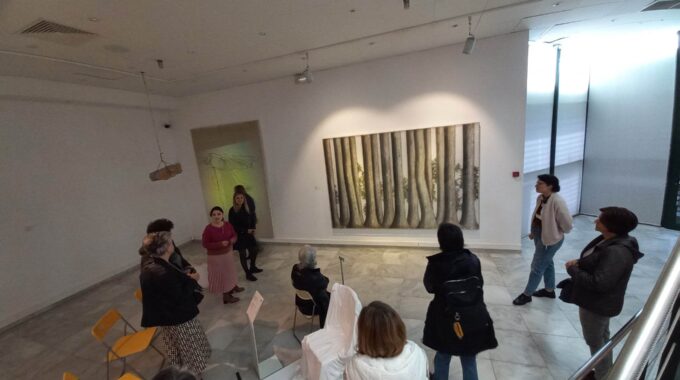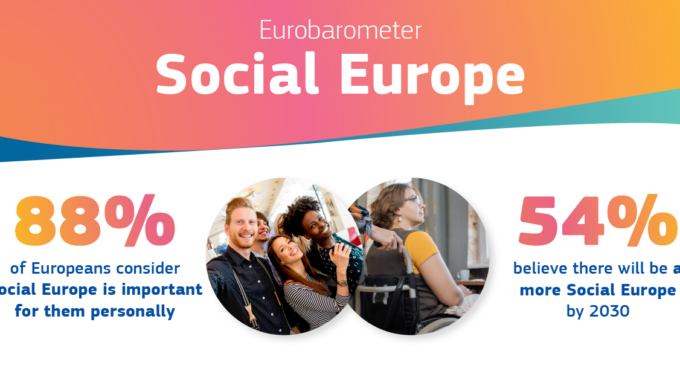
New publication – ‘Social Experimentation – A practical guide for project promoters’
The DG Employment of the European Commission just released two complementary guides in the area of social innovation
As you know, social innovation projects aim to provide innovative solutions to today’s societal challenges. The European Social Fund+ (ESF+) provides the right instruments to develop these solutions in the areas of employment, education, skills, and social inclusion. The two guides aim at helping both the Member States and the stakeholders to support and develop social innovation under the ESF+ (be it under the shared or direct management processes).
The Practical guide for project promoters on social experimentation provides a solid understanding of social experimentation and gives practical and pragmatic advice for project development. Shaped by lessons learnt from previous social experimentation projects financed through the Employment and Social Innovation (EaSI) Programme, as well as literature on practices in the field of social innovation, the guide includes a variety of examples on tools, models, and methods used. Developed through co-creation and applying a user-centered approach commonly used in social innovation, the guide also demonstrates the value of a “peer-to-peer” mindset: it addresses exactly the needs and interrogations of current and future practitioners. The guide is primarily intended for stakeholders engaged in social experimentation projects within the EaSI strand of the ESF+, but will come in handy for many other social innovation practitioners.
The Toolkit for scaling-up social innovation looks at the social innovation from the perspective of expanding those innovations which have proven to work. It outlines the seven steps for making strategic use of the ESF+. It is intended notably for Member States’ authorities involved in designing and implementing ESF+ programmes, but can be of inspiration for other stakeholders. The toolkit is inspired by a range of European and other research projects, practical experiences, EU policy acquis, and a dialogue within the ESF Community of Practice on social innovation, involving a wide variety of ESF stakeholders.
Both guides will walk readers through the whole process of social innovation: from identifying social challenges to developing innovative solutions, to demonstrating their potential and finally helping to roll out the most convincing models at a larger scale.





